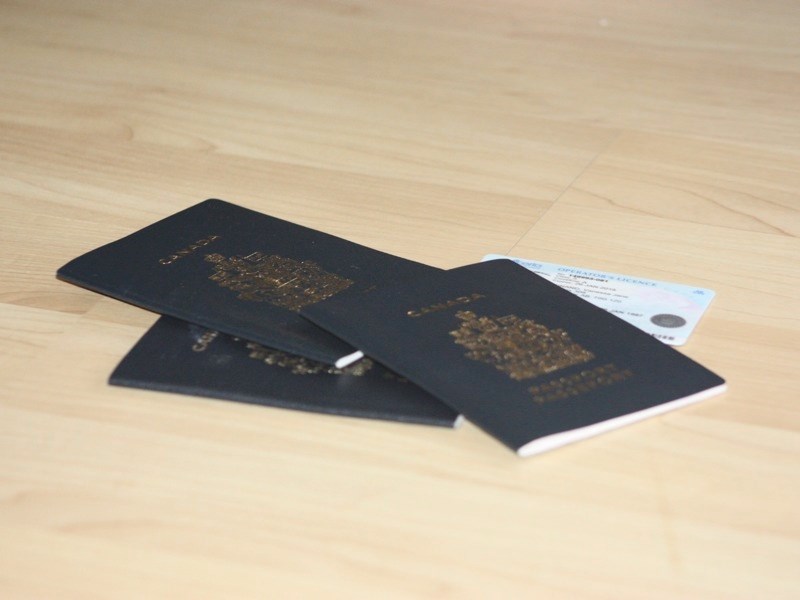A possible lack of advance polls, what proof voters need to have of county residency, and county councillor expectations were called into question at last Tuesday's county council meeting as the Oct. 21 municipal election fast approaches.
A possible lack of advance polls, what proof voters need to have of county residency, and county councillor expectations were called into question at last Tuesday's county council meeting as the Oct. 21 municipal election fast approaches.
Councillor Allen Balay said the biggest complaint he has heard is that the advance poll may still not accommodate some residents who may have two-week shifts in the Fort McMurray area.
"For the workers up there who have families down here, they can't vote," said Balay. "So, it's definitely something we're going to have to look at in the future."
Last week, the county announced it was adding another advance poll. In addition to the Oct. 19 advance vote between noon and 8 p.m. (which will have stations at the county office in Athabasca, the Grassland Community Centre and the Boyle Community Centre), there will also be an advance vote today (Oct. 15) from noon to 8 p.m., which will only take place at the Athabasca County office.
Athabasca County councillor Larry Armfelt said there should be clear-cut guidelines or a job description outlining what is expected of county councillors.
He said the roles and responsibilities of municipal councillors are all laid out in the Municipal Government Act, but that this information should be outlined in layman's terms suitable for the public prior to the election.
Voter ID requirements were also discussed.
"Allen, what I tell people is if you bring in your land title and ID, that's what you need, and they can't refuse you," said councillor Denis Willcott.
According to county communications coordinator Karl Kopan, county residents "must produce one piece of identification issued by the Canadian Government … that contains your photograph, name and current address," according to the Local Authorities Election Act.
Kopan also stressed that various forms of voter identification can qualify: operator/driver's license or a government photo identification card (for non-drivers).
Other acceptable forms of identification (which must include the voter's name and address) may include a bank or credit card statement or personal cheque; correspondence issued by a school, college or university; a government cheque or cheque stub; an insurance policy or coverage card; or a letter from a public curator or public guardian or public trustee.
A pension plan, statement of benefits contributions or participation, prescription bottle insert, residential lease or mortgage statement, statement of government benefits (such as employment insurance, old-age security, social assistance, disability support or child tax benefit) may also be accepted, as well as a utility bill or vehicle ownership or insurance certificate.
Athabasca County executive assistant Arlene Milot said 99 per cent of people voting in the county have a postal box number, as it was called into question if a postal box number is sufficient proof of residence. She believes it is.
Milot asked councillors to let her know if they hear of any other concerns leading up to election day, "because unless we hear about them, we don't know (about them)."
